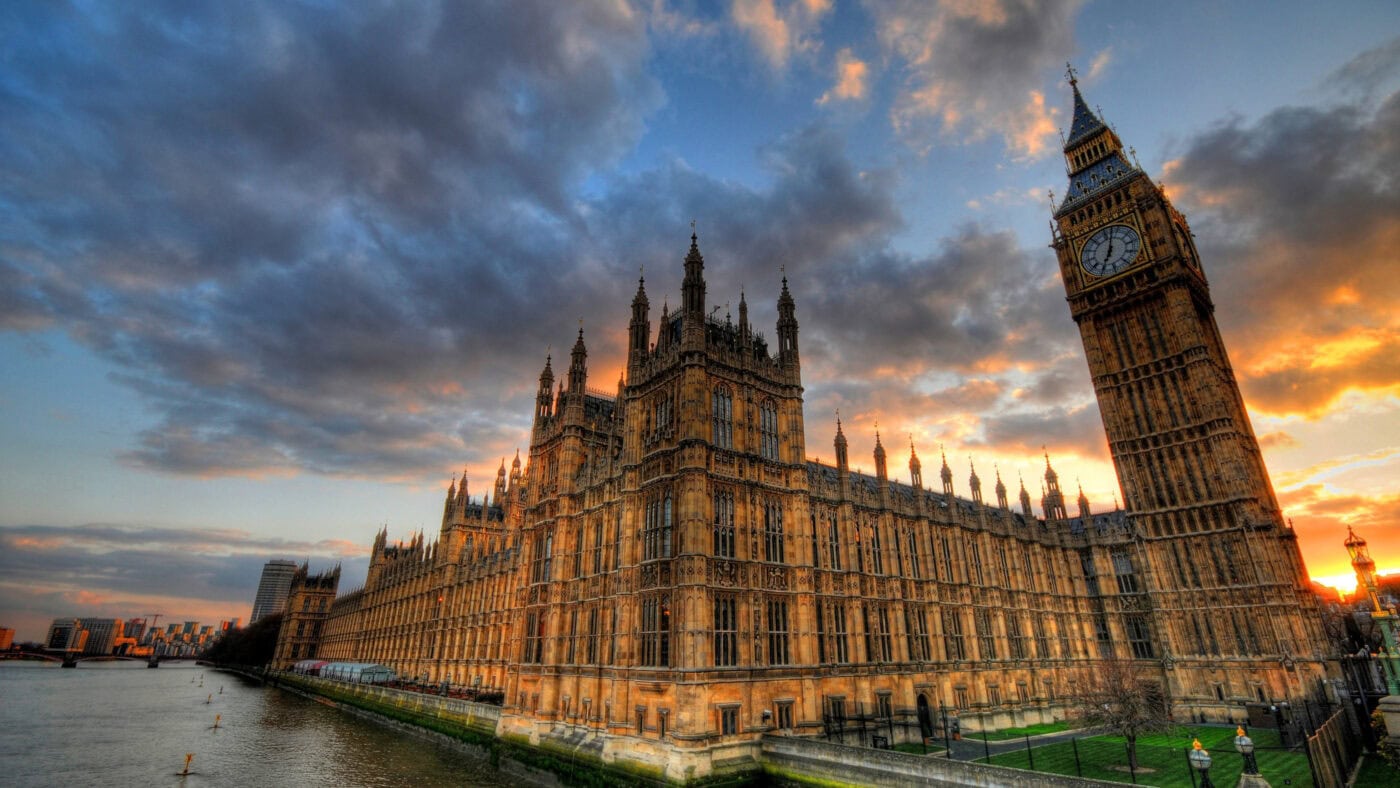Last week, the Commons’ Modernisation Committee published its latest memo on how it plans to drag the House into the 21st century. The memo noted the concern of MPs that ‘lack of certainty made it hard for them to use their time as effectively as they might otherwise be able to do’ – or as one new anonymous MP put it rather more candidly to Politico’s Playbook, actually having to sit through a debate to deliver a speech is ‘such a waste of time’.
Contrary to the general perception, Parliamentary debate really does matter. Despite the fact that local casework has become an ever-increasing part of an MP’s job – and this work is indeed a vital part of tethering MPs to the reality of those they represent – there’s no escaping the importance of high-quality legislative scrutiny. The sheer scale of the task has increased too: Acts of Parliament averaged only 21 pages in the 1950s-1980s, but that rose to 86 pages by 2010-2016. Moreover, legislation passed between 2007 and 2015 typically grew around 40% as a result of parliamentary amendments.
It may seem dull and technocratic, but when it goes wrong, we all suffer. In 2022, a Schools Bill was introduced with what appears to have been placeholder provisions still in the text; the effect would have been to reverse substantial parts of the Conservatives’ education reforms since 2010. It was only when subjected to furious criticism in the Lords that this was picked up and reversed. The Public Procurement Act 2023 made it all the way through the legislative process with provisions in place that could unpick the courts’ judgments restricting the interference of busybody organisations like the Good Law Project in the public procurement process; so far as I can tell, these provisions weren’t subject to any real debate at all. The EU (Future Relationship) Act 2020 was rushed through at such breakneck speed that no one apparently noticed that Section 29 incorporates the entirety of the UK-EU Trade and Cooperation Agreement into directly effective UK law, until it was gently pointed out to them by the courts (who have subsequently done their level best to clean up Parliament’s mess).
When it comes to Parliamentary debate, we tend to remember the moments of high drama – Geoffrey Howe defenestrating Margaret Thatcher, Hilary Benn’s speech in favour of intervention in Syria – but a well-judged intervention in the passage of a bill can be just as important and consequential. In a world where government decision-making grinds to a halt in the face of endless judicial review challenges, springboarding off ill-thought-through obligations imposed by Parliament and poorly-worded clauses allowing endlessly inventive construction by the courts, we can’t afford not to take the job of scrutiny seriously. Laws should be forensically dissected and mauled before they ever get near the statute book, and ministers should live in fear of introducing anything other than superbly crafted provisions.
Furthermore, effective legislative scrutiny in parliamentary debate is essential training for being a minister. Running a government department isn’t simply a question of formulating policy, but also knowing how to turn good policy into good law, and in turn how to defend it from criticism in the House. Not for nothing was the most effective reforming cabinet minister of recent times, Michael Gove, also a highly skilled debater. Tony Blair demonstrated in the debate over the Iraq War the value of his ability to command the Commons. PMQs may not make much impact outside of Westminster, but consistent defeats can swiftly put a party leader on the back foot.
If Commons debate is to have any meaning, then MPs have to engage with the whole process. That involves listening, as well as speaking – if you’re only showing up to give your two-minute broadside to the cameras for it to be clipped that afternoon for social media, you’re aiming at a fundamentally different audience outside the House. There’s no space in that model for reasoned consideration, for absorbing and responding to the contributions of colleagues, for changing your mind in the face of compelling argument.
For some, that’s the future – debate, argument, rhetoric and persuasion, these are the relics of an inefficient past. Far better for MPs to troop in for their allocated slots, say their piece, then return to the really important work of answering emails. If they need to argue about things – well that’s what X is for. But if that view prevails, then Parliament’s central role in the constitution, in scrutinising the executive and holding them to account, in ensuring the laws we pass are even halfway fit for purpose, will wither even further. Like it or not, debate is a vital element in a democracy; we should think twice before we throw it out.
Click here to subscribe to our daily briefing – the best pieces from CapX and across the web.
CapX depends on the generosity of its readers. If you value what we do, please consider making a donation.


